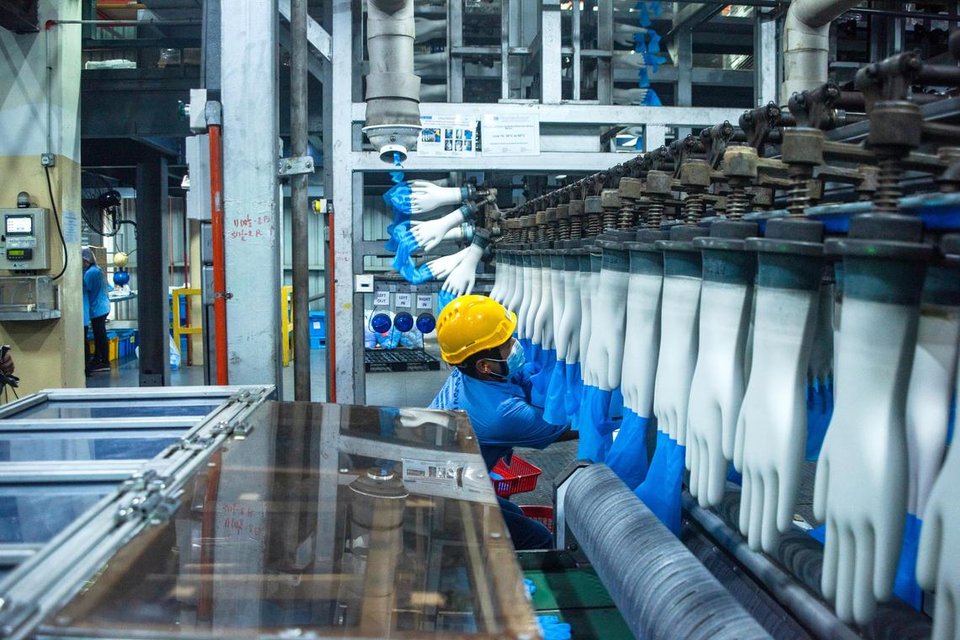KUALA LUMPUR – As Malaysian trade negotiators race against the clock to seal a deal that could reduce the Trump administration’s 25 per cent tariff rate before the Aug 1 deadline, the business community continues to grapple with the uncertainty.
Given the economy is heavily reliant on exports – with export figures at RM1.5 trillion (S$450 billion) in 2024 – local manufacturers such as those in the electrical and electronics and furniture sectors are particularly worried about US President Donald Trump’s threat to impose higher tariffs on “trans-shipped goods”.
This is the Trump administration’s attempt to curb the practice of re-routing Chinese products through a third country before they are exported to the US in order to disguise their true origin and evade US duties.
This common practice is legal in global supply chains under regulations issued by individual countries. But it can and has been abused to evade duties.
Washington had earlier said it would impose an unspecified additional levy on trans-shipment goods via Malaysia.
It has not yet defined what percentage of Chinese input would classify the goods as such.
Mr Soh Thian Lai, president of the Federation of Malaysian Manufacturing, said the threat of US enforcement actions that target China-based supply chains will weigh down the competitiveness of Malaysia’s exports, as the country is a regional manufacturing hub and is deeply integrated with Chinese intermediate goods.
An intermediate good is a product – for example, steel – used in the production of a finished or final good, such as a stainless steel wok.
Although there are no available figures for intermediate goods imported from China, Malaysia recorded imports of intermediate goods totalling RM748.9 billion in 2024, representing a 74 per cent increase from 2020.
Reference : Malaysia’s export-oriented businesses fret as deadline for US tariff deal draws near | The Straits Times

